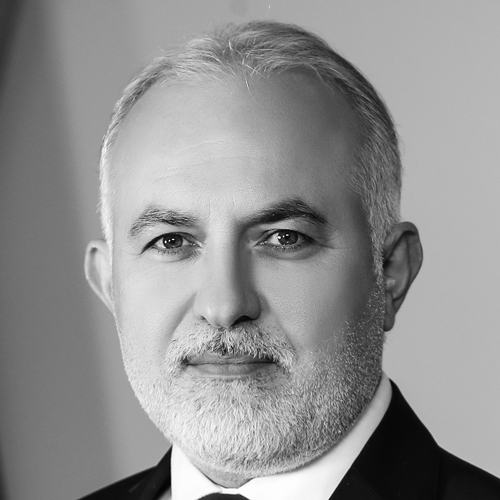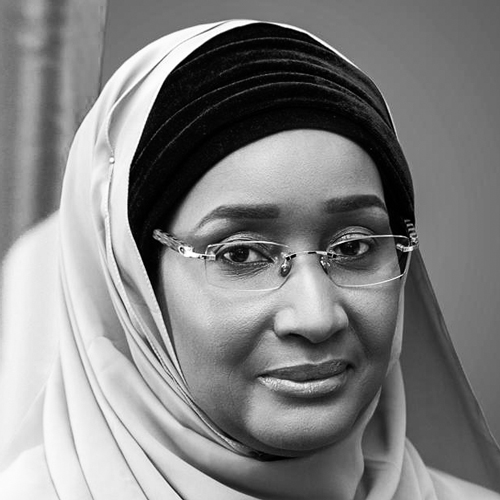Ongoing violent conflicts, increasing persecution, lack of economic opportunity, the climate crisis, and the war in Ukraine have led to a rise in refugee flows around the world. By May 2022, a staggering 100 million people have been forcibly displaced globally. According to the UNHCR, most of the world’s refugees are hosted by developing countries, which bear a disproportionate burden when it comes to housing, feeding, and protecting these vulnerable populations. With almost 4 million forcibly displaced Syrians currently residing in Türkiye, as well as hundreds of thousands of refugees and asylum seekers of other nationalities, Türkiye hosts the largest number of refugees in the world. The Global Compact on Refugees (GCR), endorsed by the UN General Assembly in 2018, was designed to promote responsibility-sharing among host countries and communities to better support refugees. However, there has been a lack of binding commitments. The session will address the present trend of migration and the challenges faced by both host and source communities.
Discussion Themes
What are the present trends with regard to migration? What challenges face both host and migrant communities today?
What are the challenges and opportunities of global migration?
What can be done to stop humanitarian issues such as human smuggling and trafficking, which inevitably emerge as part of migration flows?
What are the key challenges facing multiculturalism?
How can the disruptive effects of geopolitical crises be mitigated to deal with uncontrolled migration?
What kind of actions can be taken to fight food & health security issues emerging along with migration flows?



